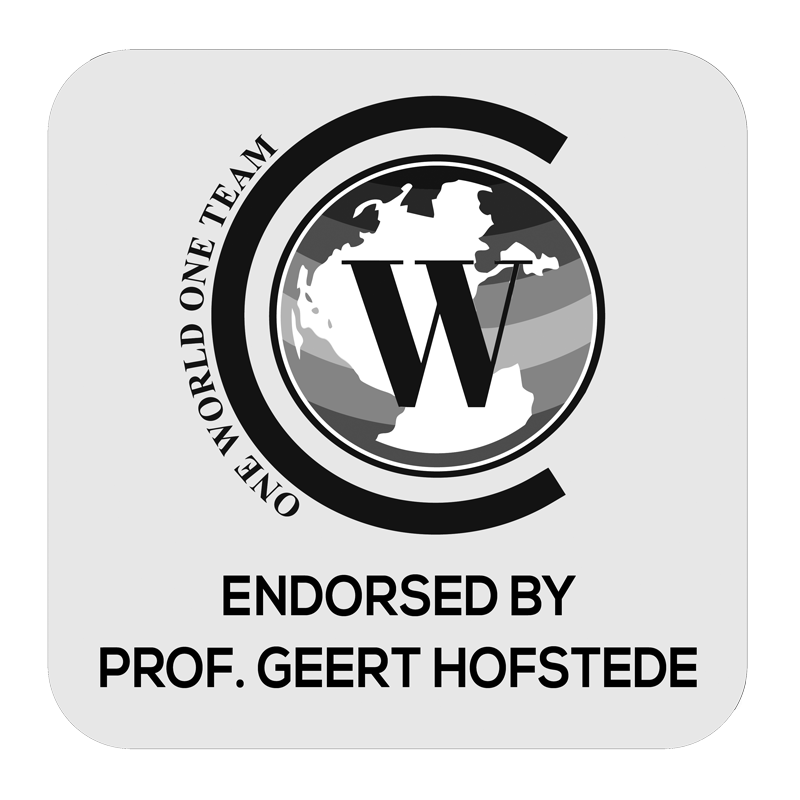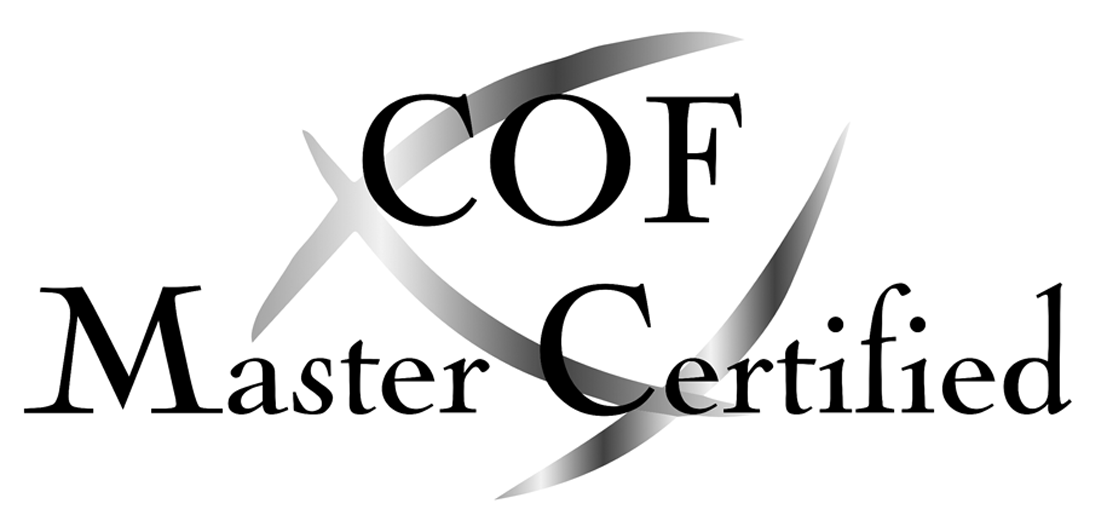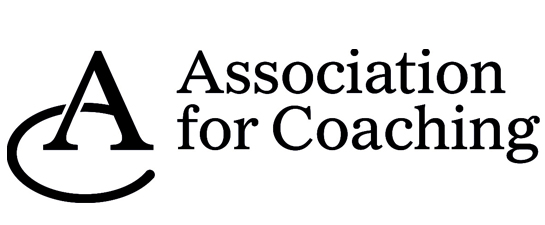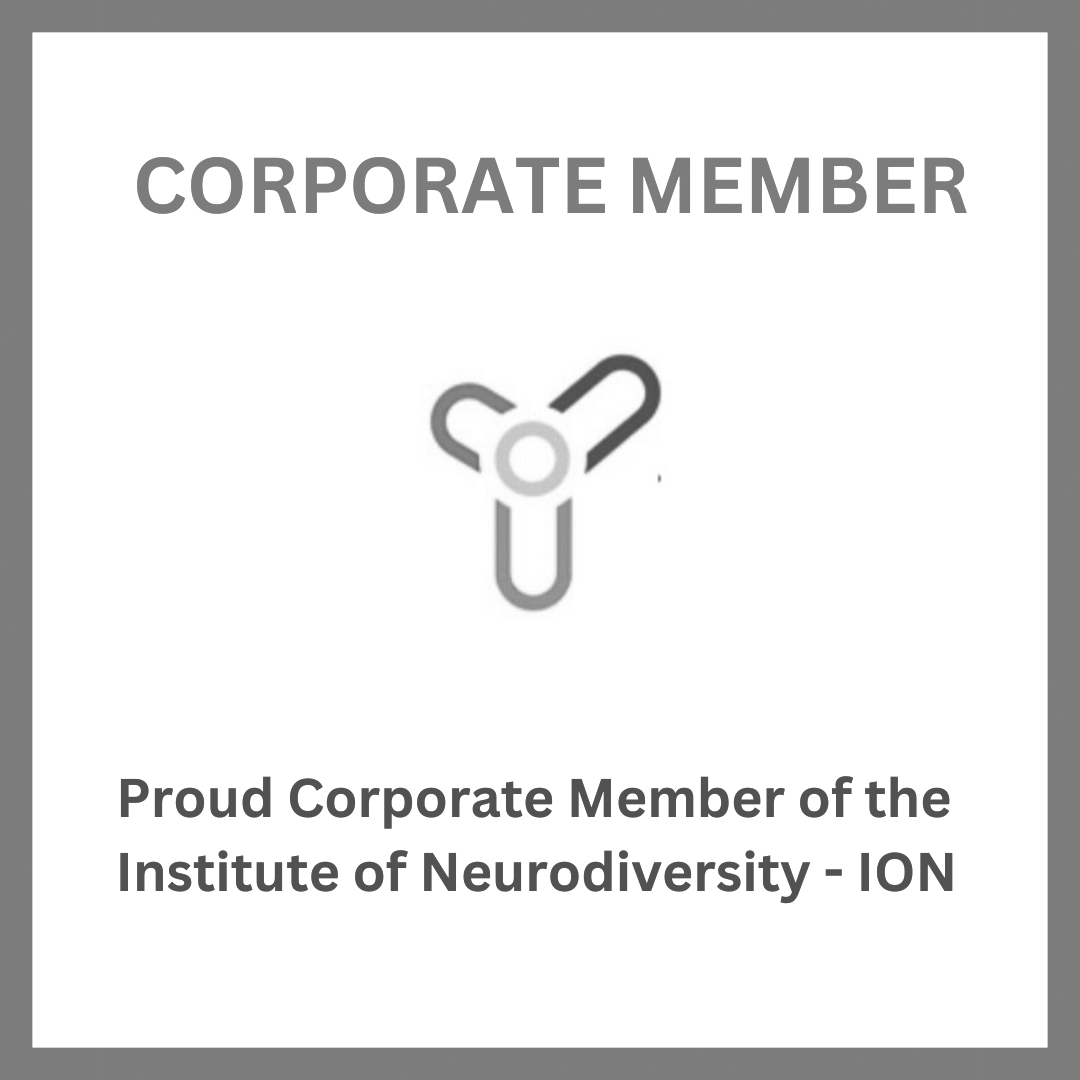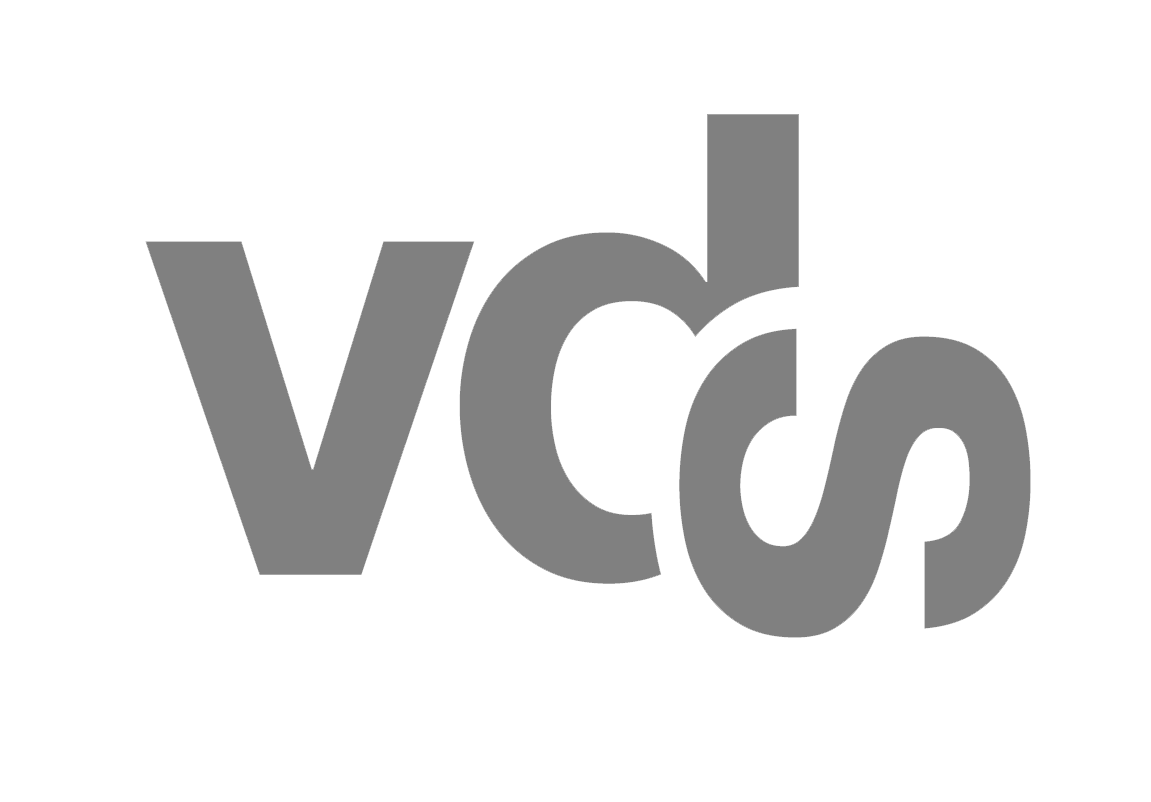Team Coaching is used in small teams (3 to 12 persons) to achieve meaningful and important goals for the Team within an organizational context. This may include clarifying team member roles, working through perceived unfair workload distribution, supporting personnel change in the Team or working more effectively and efficiently within the Team.
What is Team Coaching?
Within organizations, a team is composed of members who are interdependent on each other and share common attainments. Team Coaching helps the team identify problems and their solutions, together. Team Coaching can also have a Team building component to create more exchange, open communication, enhanced trust and collective consciousness.
Read more about Team Coaching here. [Empowering people and change with team coaching]
Why use Team Coaching?
Effective Team Coaching is about more than attaining set-out goals. It is also about learning how to think and strategize as a team, composed of diverse individuals. Fostering effective communication and responsibility, it helps develop individual and collective confidence in finding solutions to problems. Learnings are internalized fostering greater team autonomy and results.
When to use Team Coaching?
Team Coaching can be highly effective, especially with self-reflective team members. Alternatives to team coaching include moderation and facilitation.
Who uses Team Coaching?
Public, private and civic sectors use it to support employees to reach organizational goals.
How does Team Coaching work?
If the goal is working more effectively and efficiently within the Team, we might consider the following questions (partial lisiting). 1. How to we split up our work? 2. How do we deal with conflict in our team? 3. How do we communicate with each other? 4. What are the explicit and implicit rules and expectations in our team? We could consider the following methods (partial listing): On-the-job coaching; The Cooperation Triangle; Fictitious final round.
Where does team coaching take place?
Team coaching primarily takes place in person. A hybrid variation incorporates virtual meetings when distance is a key factor. An advantage of in-presence personal contact is the ability to use multiple senses to amplify the experiences and the long-term learning.
My credentials for Team Coaching
I have led and worked in and with teams in higher education, for-profit business and government settings for over 30 years. I apply my training as a certified coach, intercultural and business trainer, D&I practitioner and leadership roles in international sales and negotiations to support and nudge teams in safe environments to effective results.

Take a first step. An initial consultation is at no cost and about getting to know each other, understanding circumstances, objectives and building trust. Contact Thomas Imfeld at imt@bullseyeinternational.ch or call +49 651 463 10822
www.bullseyeinternational.ch
© Thomas Imfeld | bullseye international GmbH

